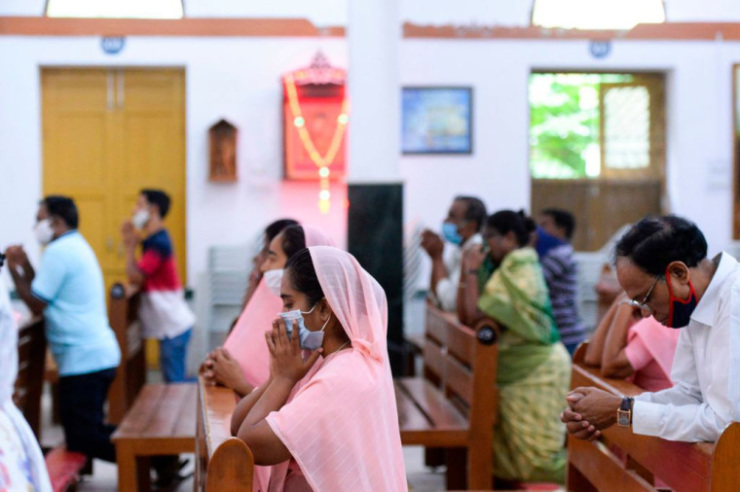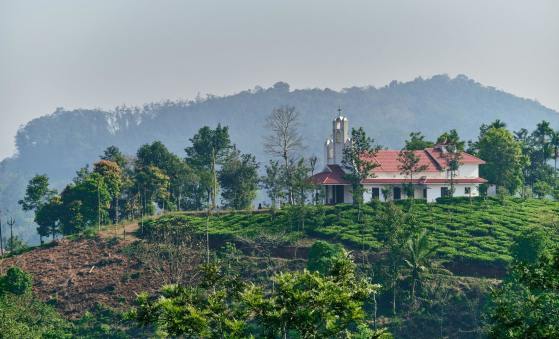
The Hindu nationalist government of the northern state of Haryana has pledged to enact a law to regulate religious conversions that would lead to the arrest of Christians who share their faith, talk about Heaven or Hell, or perform charity work for lower caste Hindus.
The draconian "anti-conversion" laws, termed as Freedom of Religion Acts, presume that Christian workers "force" or give financial benefits to Hindus to convert them to Christianity.
Manohar Lal Khattar, Haryana's chief minister, said this week his administration would introduce a bill against religious conversion by force, marriages, or through inducement for the specific purpose of adopting a religion, the U.S.-based persecution watchdog International Christian Concern said, quoting Indian newspapers.
Eight other states in India have already enacted this law.
"While one has the right to adopt any religion, conversion by force, inducement, etc. are not tolerable. The Right to Freedom of Religion Bill will be brought in, in which there will be provisions against conversion by misrepresentation, force, undue influence, coercion, inducement, marriage, or any fraudulent means," Khattar was quoted as saying.
"Strict actions are being considered to be taken against those involved in forced conversions," the official, belonging to the Hindu nationalist Bharatiya Janata Party, added.
While these laws have been in place for decades in some states, no Christian has been convicted of "forcibly" converting anyone to Christianity. However, these laws allow Hindu nationalist groups to make false charges against Christians and launch attacks on them under the pretext of the alleged forced conversion.
"Although similar laws exist in eight other states in India, those governments have not defined the terms' inducement,' 'coercion,' 'force,' or 'fraud' in the context of religious conversions," ICC said. "Due to this legal ambiguity, these laws have been widely abused and empowers radical Hindu nationalist groups to attack and intimidate Christian minorities claiming to be acting under the state law."
Some of these laws state that no one is allowed to use the "threat" of "divine displeasure," meaning Christians cannot talk about Heaven or Hell, as that would be seen as "forcing" someone to convert. And if snacks or meals are served to Hindus after an evangelistic meeting, that could be seen as "inducement."
The ICC previously noted that India's own population data proves that the conspiracy of mass conversions to Christianity is a false claim. "In 1951, the first census after independence, Christians made up only 2.3% of India's overall population. According to the 2011 census, the most recent census data available, Christians still only make up 2.3% of the population."
Attacks and curbs on Christians have been on the rise since the BJP won India's 2014 general election.
"Since the current ruling party took power in 2014, incidents against Christians have increased, and Hindu radicals often attack Christians with little to no consequences," noted Open Doors' World Watch List, which ranked India as the 10th worst country for Christians.
"The view of the Hindu nationalists is that to be Indian is to be Hindu, so any other faith — including Christianity — is viewed as non-Indian. Also, converts to Christianity from Hindu backgrounds or tribal religions are often extremely persecuted by their family members and communities," Open Doors added.
According to Delhi-based Evangelical Fellowship of India, at least 147 violent attacks on India's Christian community were reported in 2014, and the number increased to 366 in 2019.
India recently denied entry visas to representatives of the U.S. Commission on International Religious Freedom who had planned to investigate reports of persecution of Muslims and Christians following the release of its report that designates India as a "Country of Particular Concern."
Courtesy of The Christian Post.




